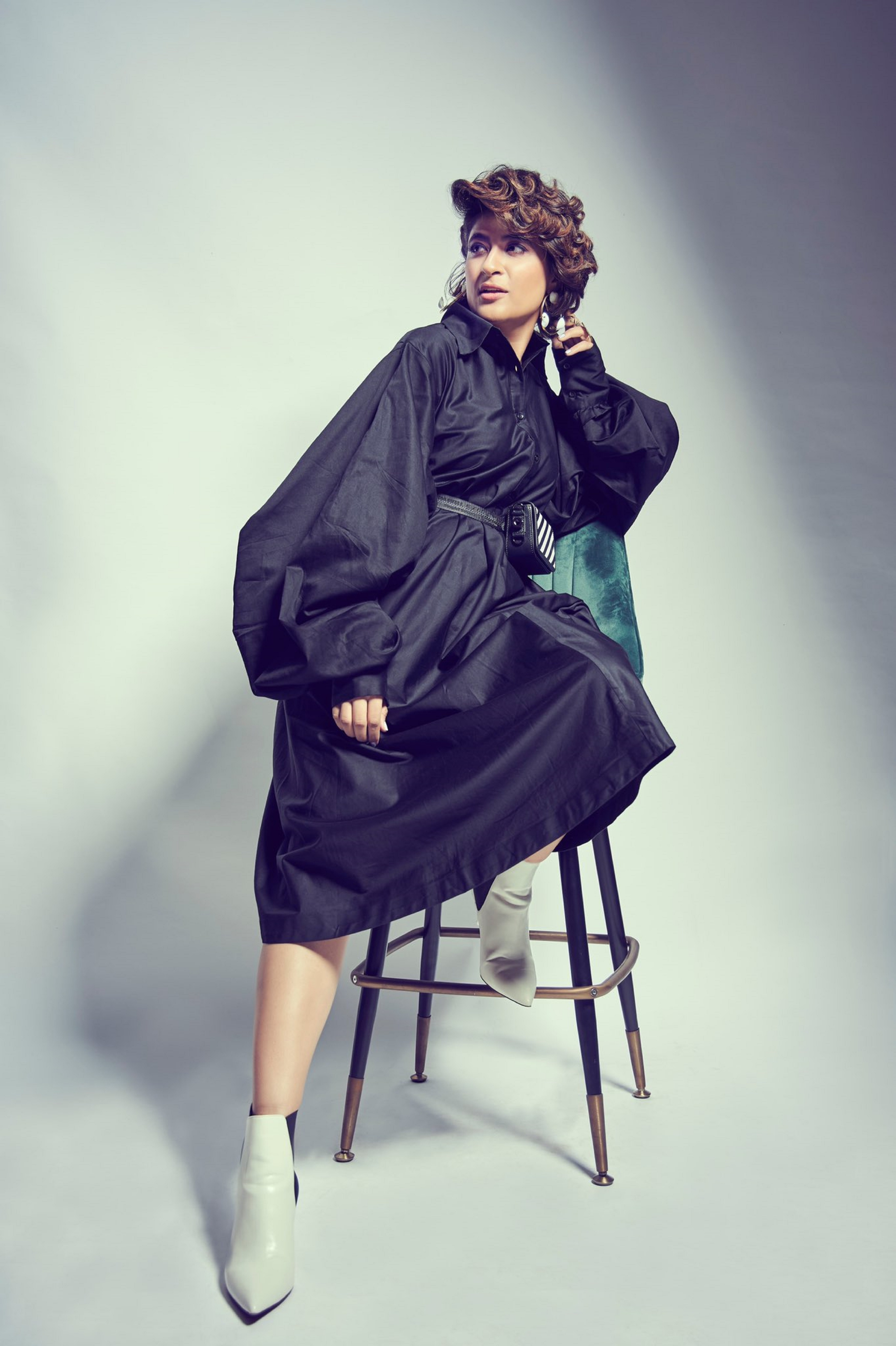Tahira Kashyap Khurrana is a writer, filmmaker and mother of two adorable children with husband Ayushmann Khurrana. She talks to G20 about her life, creative inspiration and need for better stories. Excerpts:
A. We went under quarantine much before the lockdown was announced, as a precautionary measure. The first three to four days
A. There aren’t any personal anecdotes as such, but I have always observed people and have tried to weave around stories. I find people very fascinating and my attempt is to be honest to my characters and embrace their flaws. The story making is all fictional, in the Lockdown Tales but somewhere or the other, it is a moment lived in all their lives. It is almost as if I am living all these lives in my fictional world.
Q. In almost all of your creations, be it your first book “I Promise”, or “The Lockdown Tales”, your characters are very real and nuanced, where do you draw your inspiration from?
A. I wrote “I Promise” when I was 19, and it was later published into a book, but I have always felt that one can live their whole lives through different characters. It is a world that I have created and I can dictate. My inspirations are the people I have seen and grown up with, I come from a middle-class background and that’s what reflected in my stories—the realities of people. The way they go about the humdrums of their daily lives and the quirks and challenges they face.
Q. As a writer, what changes would you like to see in the ay Bollywood stories are being written?
A. A change that I want to see per say, is a change in the mindset of people at both ends. The ones writing and the ones receiving that content need to reflect more on their mindset. We are making lovely cinema these days and people are taking risks and touching upon topics that were considered taboo, a few years ago. We are breaking stereotypes and are questioning norms set by the society. The way women characters are written has changed, slightly for the better. There are a lot of female oriented films coming out. But this is not enough. We are half of the population and we have more stories to tell. There is an imminent need to talk about transgender people and their stories. The quote unquote “other” genders deserve a rightful place in our discussions. So that narrative needs to be out there. As an industry, that has the power to influence the way people perceive things, I really feel we can do better.
And when I talk about female characters, I really want real stories to be written. The dilemmas faced by them, the flaws they have and the struggles they have faced. Of course, we have and should have empowering stories but I feel we can bring in other dimensions too. Not every character has to be a hero or inspire people, sometimes we just need to write and observe them for the person they are. We women have happy days too and there can be fun characters written about us too. We need to cherish our imperfections and make them a part of the mainstream narrative.
A. Theatre has been very instrumental in all my creations. The fact that I have made my two short films, was because of my involvement in theater for about nine to ten years. I have written plays, performed them, directed them and that journey has been so fulfilling. I have not done those film courses that people usually do, but have learnt from my experience with the stage. I bring my experience from theatre into my filmmaking. It comes in the way I write my stories, pen down their journeys and subconsciously or otherwise, theatre has really affected my decision-making as a director.Q. Does Ayushmann’s selection of such offbeat scripts have your influence somewhere?
A. Both of us have been together for the past eighteen years now, and we have grown as artists together. Two people living under the same roof for such a long period of time, your thought process definitely aligns together sometimes. So, we have discussions and arrive on decisions together, but both of us decide for ourselves. He does want me read my scripts and give my opinions, and I am very honest in doing that.
Q. Tell us something about your upcoming book, “Twelve commandments of being a woman.
A. Books have always fueled not just my imagination but also observation. This book is special as I pretty much go unfiltered in this one. It’s a quirky take towards the experiences of being and becoming a woman. It is written in the most fun manner and it encapsulates our collective journey of being a woman. I am really looking forward to it.
Q. What do you prefer as a writer and filmmaker, the OTT platforms or the big screen?
A. Art is art. Be it a short film or a two hour long one, or even if it is something that requires one day of creating something. It requires complete honesty. There is no othering of either of the mediums and I really believe that art is independent and above the choice of mediums.

